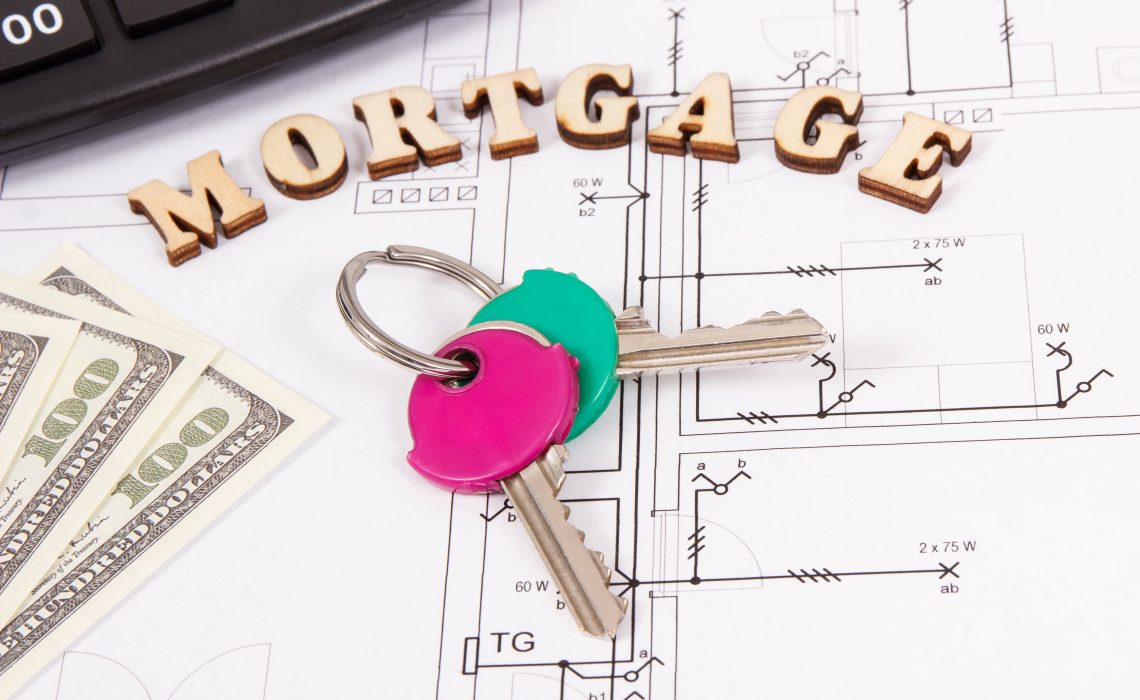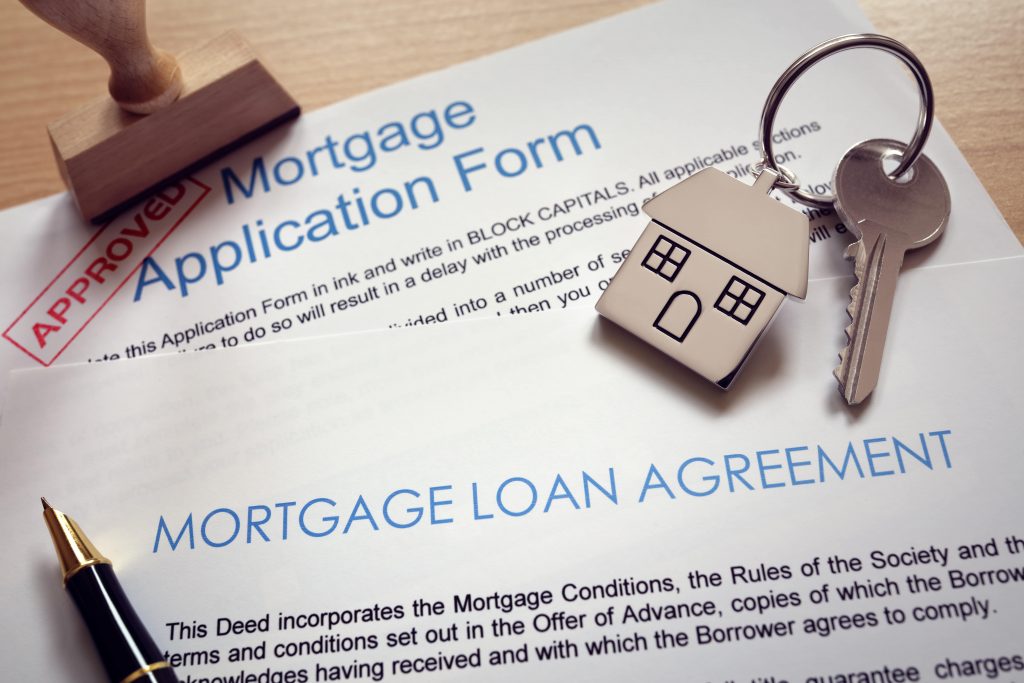
So, you liked staying in the UAE and you are already thinking of buying a home here. You have probably done some research, so you know that things can be a little expensive. We are here to help you! In this article, we will be talking about the different types and how to mortgage your home purchase. Read along and tell us then if you have found our information helpful.
Mortgage
This is one of the ways through which you can finance your home purchase or invest in a property. You could be wondering if you, as an ex-pat, are eligible to get a mortgage. Let us find out together and discover the factors that determine your eligibility and the types of mortgage available in the UAE. Moreover, the amount you can mortgage as an expatriate will be different from that of UAE nationals.
Mortgage for UAE Nationals
- If the property value is 5 million or below: The maximum amount you can mortgage is 80% of the total value of the property.
- If the property value is more than 5 million: The maximum amount you can mortgage is 70% of the total value of the property.
- The purchase of a second or investment property: The maximum amount you can mortgage is 65% of the total value of the property.
Eligibility And Mortgage For Expatriates
Foreign buyers can get mortgages in the UAE. There is no problem with that. However, there are certain criteria that determine whether or not you can get a mortgage. And the amount that can be mortgaged is slightly different from that of UAE nationals.
- If the property value is 5 million or below: The maximum amount you can mortgage is 75% of the total value of the property.
- If the property value is greater than 5 million: The maximum amount you can mortgage is 65% of the total value of the property.
- The purchase of a second or investment property: The maximum amount you can mortgage is 60% of the total value of the property.
But for any off-plan project purchase, the mortgaged amount is the same for all UAE nationals, GCC citizens, and expatriates, which is 50% of the property value.
Factors that determine your eligibility for a mortgage
- You should be employed and have a monthly income.
- You should have been in your current job for over six months or a year. It depends on the area you are buying your house in and your lender’s rules.
- If you are self-employed, you will need to have been running your business for at least two years.
- You need to have a clean credit history and a good credit score.
- Property value
- Lifestyle factors and general living expenses
- Age. A maximum loan period of 25 years is allowed, up to the age of 70 for self-employed borrowers and 60 for those who are salaried.

Types of mortgages in the UAE
There are different types of mortgages in the UAE that you can choose from. Each type has different interest rates and its own pros and cons. You choose the type that best suits your needs. Also, make sure to go through the terms and conditions of the type of loan you wish to apply for.
Fixed-rate mortgage
The fixed-rate mortgage can be for 1 to 5 years. However, it is often 5 years, at the end of which, the rate moves to the bank’s variable rate. It allows you to predict the size of your repayment for a specific period of time.
Variable rate mortgage
If your interest rates seem to be on the decline, it would be beneficial to consider a variable rate. The rate fluctuates based on the Emirates Interbank Offered Rate (EIBOR). So the monthly repayment may vary also.
Discounted rate mortgage
A mortgage with a discounted rate is one where the lender offers a percentage discount for a predetermined amount of time. It is based on a standard variable rate. The discount is only valid for a specific amount of time and not for the entire loan term.
Offset mortgages
Some lenders provide you with the choice of an offset mortgage, which links your house loan to a savings or current account. Any cash amount in this account reduces your loan’s interest rate, which is based on the difference between the loan and savings balances.
Remortgages
This is the process of transferring your existing mortgages to a new lender. This is usually done to get a lower interest rate or release built-up equity.
Off Plan Projects
When you buy an off-plan project, you have the chance to get the best units for the lowest price possible. Moreover, you can buy it and get some considerable profit before the project is even completed. Unlike other places around the world, there are no restrictions on buying and owning a property in Dubai’s freehold areas.
Down Payment
This can be a difficult part, as you need to get this money prepared when finally deciding to get a property. Borrowers must demonstrate their capacity to pay additional one-time upfront expenses, which total about 7–8% of the property’s value. Yet, it is wise to aim for a higher down payment! A higher down payment means a lower total payment. In other words, a higher down payment ensures you are going to be able to make all future payments and save money for unforeseen circumstances.
Some banks enable you to postpone your payments for up to six months, which can help you regain control of your finances before you begin to repay the loan amount.
In the end, everything depends on how much the bank decides you can easily afford. The Debt-Burden-Ratio (DBR) is a formula used by banks in the UAE to determine how much you can borrow. Your DBR is the ratio of your monthly debt obligations, including any upcoming mortgage payments, to your monthly income. In order to account for prospective interest rate increases, banks will also use a slightly higher interest rate when calculating your future mortgage repayments. The calculation used by each bank to determine affordability varies slightly, but as a general rule, your monthly wage needs to be at least four times more than the anticipated monthly instalments.
Have you started saving up for purchasing your new house in UAE? Have you chosen the area where you would like to buy that home? Did you find the information in this article helpful? We would love to hear from you! So tell us all in the comment section down below.





